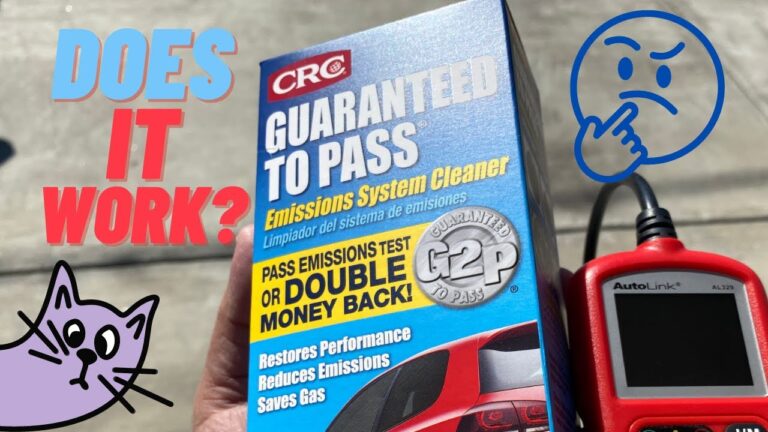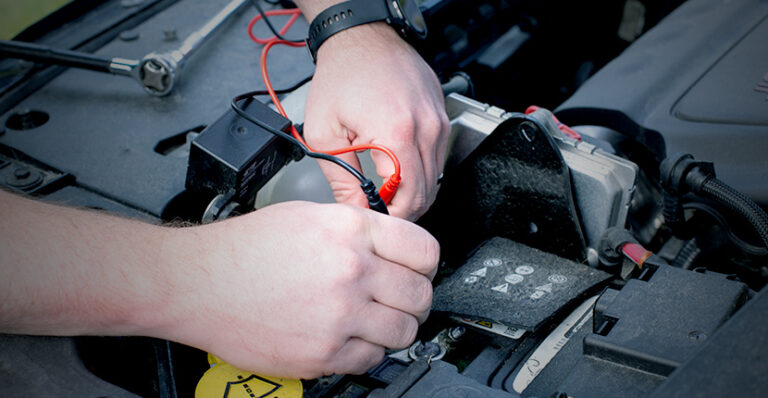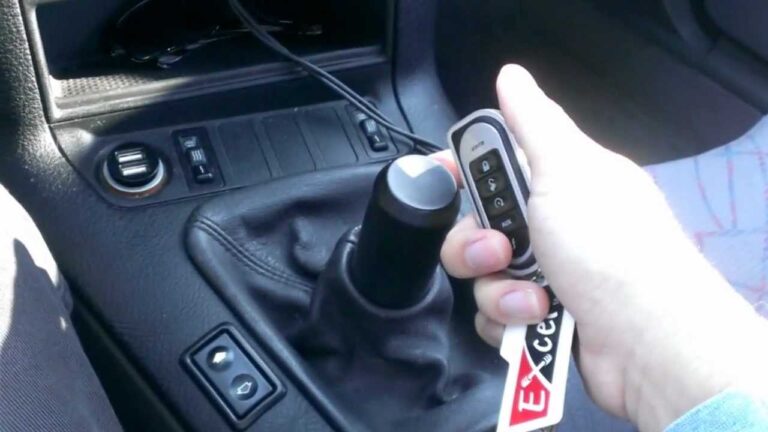Does Heat Use Gas In a Car?

As the colder months roll in, using the heater in your car becomes essential for comfort during your drive. But many drivers may wonder, “Does heat use gas in a car?” The short answer is yes, but not in the way you might think. Let’s break it down and understand how your car’s heating system works and the impact it may have on fuel consumption.
How Does Your Car’s Heating System Work?
In most cars, the heat inside the cabin comes from the engine’s excess heat, not directly from burning gas. Here’s how it functions:
- Engine Heat Generation: When your engine runs, it generates a lot of heat as a byproduct of combustion. To prevent the engine from overheating, a coolant (a mix of water and antifreeze) is circulated through the engine.
- Heater Core: This heated coolant flows into a small component called the heater core, which acts like a mini radiator. A fan then blows air over the heater core, transferring heat to the air that circulates through the cabin of your car.
Does the Heater Burn Gas Directly?
No, the heater does not burn gasoline directly. Instead, it utilizes the heat produced by the engine as it operates. However, using the heater can slightly affect your fuel economy because of the following factors.
How Does the Heater Affect Fuel Consumption?
While the heater doesn’t use gas to produce heat directly, it does cause the engine to work a bit harder, which can influence fuel efficiency.
1. Increased Engine Load
When you turn on the heat, the engine must maintain a certain temperature to pump coolant through the system and heat the cabin. This added load can slightly reduce fuel efficiency because the engine has to work harder to maintain that heat, even if it’s not burning more fuel directly for the heater.
2. Idling and Fuel Consumption
If you let your car idle with the heater running to warm it up, the engine is consuming fuel without moving the car, which lowers fuel economy. This effect is more noticeable in cold weather, where drivers might be tempted to let the car idle for a longer period to get the heater going.
3. Driving Conditions
- Highway Driving: When you’re driving at highway speeds, the effect of the heater on fuel consumption is usually negligible. The engine is already operating at a higher efficiency.
- Stop-and-Go Traffic: In city driving or traffic, you may notice a slight decrease in fuel efficiency due to both the heater’s effect and the stop-and-go nature of the drive.
Does Heat Use Gas in Hybrid or Electric Cars?
In hybrid and electric vehicles, the heater works a bit differently and can affect fuel consumption or battery life:
Electric Cars (EVs)
In electric cars, the heater does not use gasoline. Instead, it draws power from the car’s battery. While the heater doesn’t consume gas directly, it does consume battery power, which can decrease the vehicle’s range. In cold weather, you may see a reduction in range because the heater draws from the battery’s energy, leaving less for driving.
Hybrid Cars
Hybrid cars use a combination of gasoline and electric power, so the heater may draw power from either the engine or the battery. If the engine is running, it may use gasoline to maintain engine temperature and heat the cabin. Like in traditional cars, using the heater in a hybrid vehicle can reduce fuel efficiency, but the effect is typically less significant due to the car’s ability to switch between electric and gas power.
Other Factors That Affect Fuel Efficiency
While the heater does impact fuel consumption slightly, other factors are far more significant when it comes to fuel efficiency:
- Driving Habits: Rapid acceleration, aggressive driving, and speeding have a much greater effect on fuel economy than using the heater.
- Vehicle Maintenance: Keeping your car well-maintained by ensuring proper tire inflation, regular oil changes, and timely repairs can make a bigger difference in fuel efficiency.
- Engine Warm-Up: It’s best not to let your car idle for long periods. Modern engines don’t require much time to warm up, and excessive idling uses unnecessary fuel.
Conclusion
In summary, heat in a car does use gas, but not in the way many people think. The heater doesn’t burn fuel directly; instead, it uses the heat produced by the engine as a byproduct of combustion. While the heater does cause the engine to work slightly harder and can increase fuel consumption under certain conditions, its impact on overall gas usage is minimal, especially during highway driving.
If you’re driving a hybrid or electric car, the heater might have a more noticeable effect on your energy consumption, either by using battery power or gasoline. So, while using the heater might reduce fuel efficiency slightly, it’s not something to worry too much about, especially when the comfort and safety it provides during cold weather are taken into account.
Also Check:
• Does Running Heat in a Car Use Gas?






One Comment